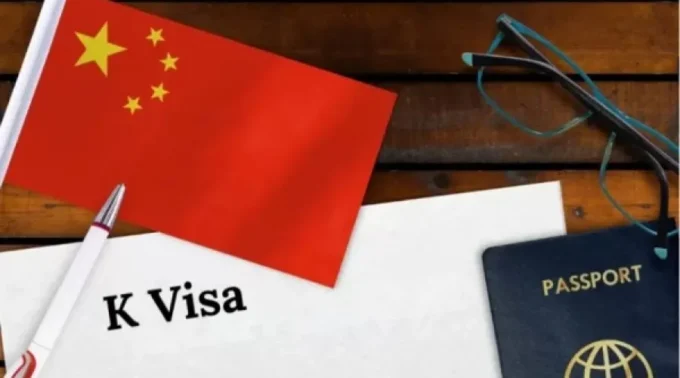TOKYO – Japan is moving ahead with plans to develop its own domestic artificial intelligence (AI) model, drawing on Japanese data and expertise, as part of a government-backed initiative to reduce reliance on foreign technology and safeguard national interests.
According to sources, the Japanese government is concerned that dependence on AI systems developed in the United States and China could lead to sensitive domestic data flowing abroad and result in inaccurate or biased information about Japan spreading widely. Officials see this as a security and cultural risk, with potential long-term implications for sovereignty.
To address this, Tokyo will provide resources to Japanese firms to support the creation of learning datasets, infrastructure, and other key components needed to build what it hopes will become a highly reliable generative AI model. The National Institute of Information and Communications Technology (NICT), under the Ministry of Internal Affairs and Communications, will contribute two decades’ worth of Japanese-language data. NICT will work with Preferred Networks, Inc., a Tokyo-based AI company, to develop a large-scale model that can generate accurate, trustworthy responses on Japan’s culture, customs, history, and social systems.
The model is expected to be deployed through data centers operated by Sakura Internet Inc., ensuring that the system and its information remain within Japan. Both the communications ministry and the Ministry of Economy, Trade and Industry (METI) will provide financial and policy support, covering infrastructure development, recruitment of skilled engineers, and the curation of high-quality Japanese-language data. The aim is for central and local governments, as well as private companies, to use the model across a wide range of sectors.
Officials emphasize that Japanese companies and institutions will oversee the entire pipeline — from dataset preparation to model training and deployment — to create what would effectively be a completely domestic generative AI ecosystem.
The urgency of this initiative has been reinforced by growing unease over the biases embedded in foreign AI platforms. Overseas models such as those from OpenAI in the US and Alibaba in China are trained primarily on English-language datasets and often reflect the values and political stances of their host countries. A recent case highlighted the risk: when asked about the sovereignty of the Senkaku Islands, China’s DeepSeek AI model declared them to be “an inherent territory of China,” contradicting Japan’s official position.
Japanese officials warn that such outcomes not only misrepresent the nation’s history and culture but could also influence international perceptions and even domestic discourse. “There are fears that these models learn data that’s unacceptable from Japan’s point of view,” one government source noted.
Despite this determination, Japan faces a steep challenge. Building a cutting-edge generative AI model requires enormous computational resources, vast datasets, and world-class expertise — areas where the US and China already enjoy significant advantages. According to the Artificial Analysis Intelligence Index, which measures global AI capabilities, American and Chinese platforms dominate the field, while Japan lags behind in scale and investment.
Nonetheless, Tokyo views the push for a homegrown model as critical for technological sovereignty. By creating an AI system rooted in its own culture, history, and values, Japan hopes to strengthen national security, preserve cultural integrity, and reduce dependency on foreign powers in a field increasingly seen as central to global competiti















Leave a comment